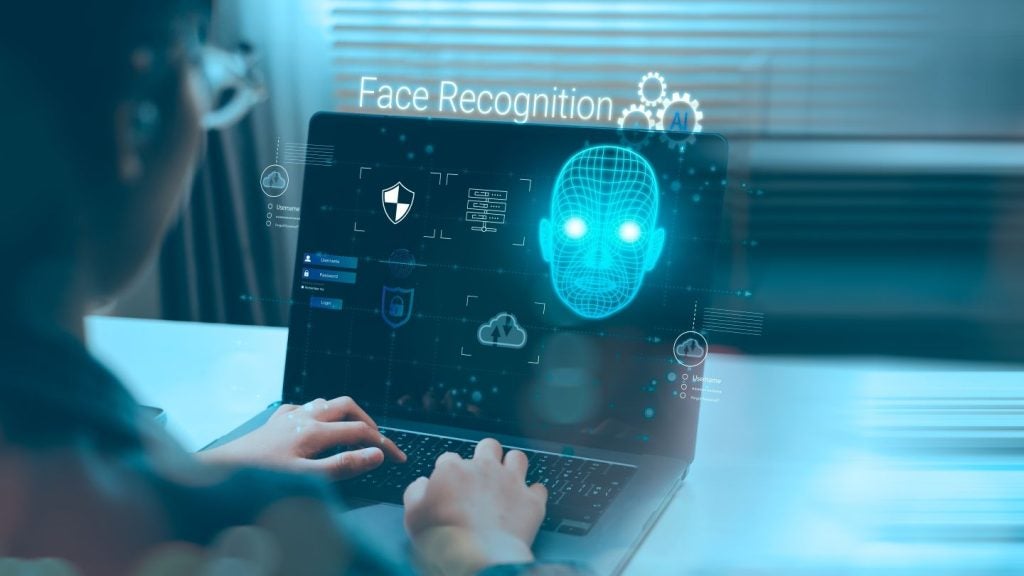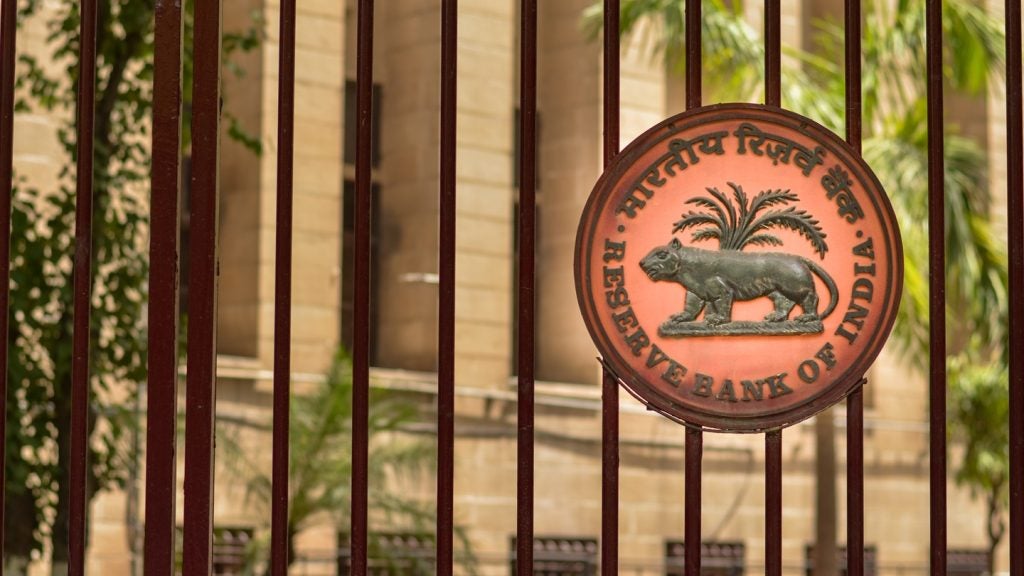Mobile payments is becoming an increasingly
hot topic for banks. But consumers’ security fears threaten to
dampen the flames, as people are still frightened of getting
burned.
A survey released today by mobile security
firm Entersekt, shows that four out of ten consumers “suspect they
are playing with fire” when making online payments and
e-banking.

Access deeper industry intelligence
Experience unmatched clarity with a single platform that combines unique data, AI, and human expertise.
The survey, looking at attitudes towards
online shopping and banking, was conducted by OnePoll, who
consulted 1000 people in the UK and found that although consumers
were very positive about e-commerce, security concerns were still
very high.
No smoke without fire
The survey found that 41% of consumers are
convinced their accounts will be breached at some point in the
future.

US Tariffs are shifting - will you react or anticipate?
Don’t let policy changes catch you off guard. Stay proactive with real-time data and expert analysis.
By GlobalDataIn addition, 53% of the people surveyed have
either been directly affected by, or know someone that has fallen
victim to, card fraud.
The poll also shows that only 69% of people
take steps to find out how secure their transaction will be before
completing the process.
Smoking gun
That is what Entersekt, calls the Russian
Roulette effect on customers using e-commerce.
And that is why 78% of consumers consulted are
in favour of using security tokens such as keys, fobs and one-time
passwords in order to increase security.
18% said they would prefer reduced security as
a payoff to convenience and speed.
“What I think is interesting and actually
quite comforting is that people are happy to be inconvenienced if
it means they’re better protected.” Schalk Nolte from
Entersekt said.
Mobile banking
At a time when banks are investing in mobile
banking, the survey suggests that customers are still reluctant to
use their mobile devices to carry out transactions: Less than half
are in favour (48%) and around a third are against (36%).
Schalk says: “Just as people are looking
to banks and retailers offering strengthened security, I believe
mobile banking applications and services should reflect this
requirement.
“Mobility and freedom to transact
anywhere, anytime is no longer negotiable – it is the nature of the
lives we live today.”







